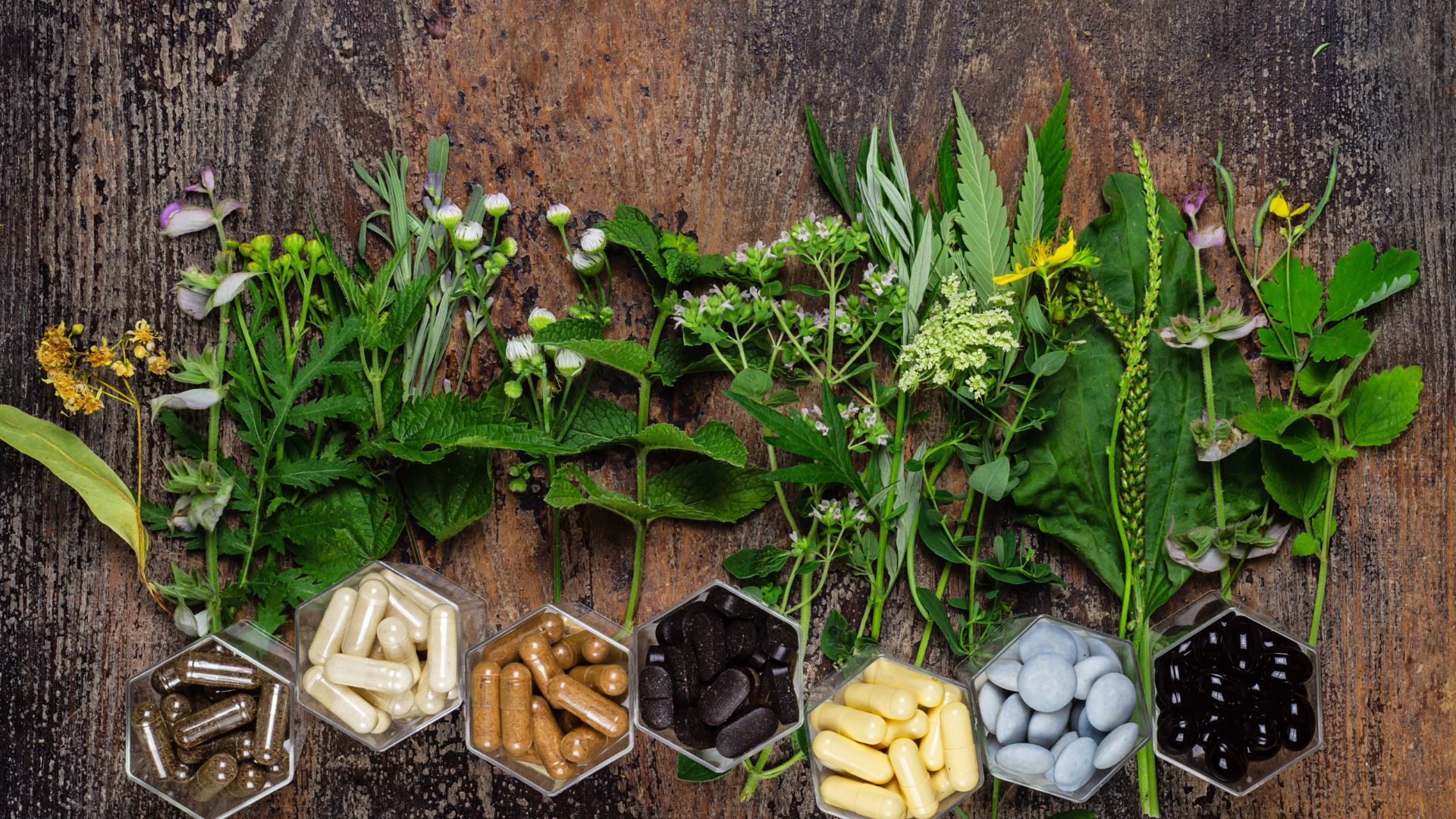|
Getting your Trinity Audio player ready...
|
A recent study highlighted in Global News reveals a concerning trend: a 79% increase in cancer cases globally among young adults over the past three decades. The study, published in BMJ Oncology, found that in 2019, there were 3.26 million new cases of early-onset cancers (ages 15 to 49) compared to 1990. The most common types among this group were breast, windpipe, lung, bowel, and stomach cancers. This rise in cancer cases among younger populations underscores the need for greater awareness and early detection strategies.
However, cancer research and treatment have seen remarkable advancements in recent years, bringing new hope and possibilities to patients around the world. In this blog, we’ll explore some of the latest developments in this field, highlighting significant strides made in understanding and combating various forms of cancer.
AI in Lung Cancer Detection
At Ipswich Hospital, a novel research study involving artificial intelligence (AI) software is being conducted to detect lung cancer. Radiologists are using AI to analyze chest X-rays, hoping to speed up diagnostic times. This study, part of the LungIMPACT research, aims to prove the real worth of AI in clinical research and potentially revolutionize the way lung cancer is diagnosed and treated.
A Groundbreaking Innovation for Lung Cancer Treatment
In a significant leap forward, detailed in the “Journal for Immunotherapy of Cancer,” scientists have discovered a promising method for battling non-small cell lung cancer (NSCLC), one of the most common and challenging forms of lung cancer. This method involves analyzing 5-hydroxymethylation (5hmC) in plasma-derived cell-free DNA (cfDNA) found in blood samples. For those not familiar with the terminology, think of cfDNA as tiny fragments of DNA that float freely in the bloodstream, mirroring the genetic material of cancer cells without requiring invasive procedures to access. The study of 5hmC, a chemical modification on DNA, helps researchers understand how cancer behaves and responds to treatments.
This innovative, non-invasive technique sheds light on the underlying biological processes that determine whether a patient’s cancer will respond well to immunotherapy, a type of treatment that empowers the immune system to fight cancer more effectively. By identifying specific patterns in the cfDNA, doctors can predict the likelihood of success of immune checkpoint inhibitors (ICIs) — drugs that help the immune system recognize and attack cancer cells. This approach is revolutionary because it enables a personalized treatment plan, potentially increasing the efficacy of therapy and improving patient outcomes by targeting the unique characteristics of each individual’s cancer.
Building on this scientific breakthrough, ClearNote Health has introduced an advanced strategy to utilize blood samples for predicting and customizing treatment responses in NSCLC patients. This state-of-the-art method significantly enhances the potential of immunotherapy treatments by allowing for more precise and personalized approaches. Essentially, by analyzing the 5hmC in cfDNA from a simple blood draw, healthcare providers can now determine how well a patient might respond to specific immunotherapy treatments before starting them. This means treatments can be tailored to fit the patient’s unique genetic makeup, offering a more targeted approach that could lead to better treatment success rates and potentially fewer side effects.
This development is especially crucial for lung cancer patients, where early and accurate prediction of treatment response can make a significant difference in the course of the disease. It represents a shift towards more personalized medicine, where treatments are not just based on the type of cancer but also on the individual genetic profile of each patient’s cancer. For patients and their families, this could mean a more hopeful prognosis and a treatment journey that is closely aligned with their specific needs.
Unveiling Breast Cancer Risks Linked to Chemical Exposures
In a pivotal study published in “Environmental Health Perspectives,” researchers have embarked on an exhaustive investigation into the genotoxic effects of chemicals—how they can damage DNA and lead to cancerous mutations—specifically focusing on their connection to breast cancer.
This comprehensive analysis identified 279 chemicals with the potential to cause mammary tumors and another 642 that can disrupt the body’s hormonal balance by mimicking or interfering with the actions of progesterone or estrogen, two hormones pivotal to breast health. This brings the total to 921 chemical exposures that are relevant to understanding breast cancer risk, highlighting a vast array of environmental and lifestyle factors that could contribute to the disease.
This study shines a light on how everyday chemical exposures—ranging from pollutants in our air and water to substances in cosmetics and household products—can potentially influence breast cancer risk. The researchers’ focus on genotoxicity underlines the concern that certain chemicals can alter our genetic material, laying the groundwork for tumors to develop. Moreover, the study delves into the realm of endocrine disruptors, chemicals that can mimic or block natural hormones in the body, thereby triggering abnormal growth and function of breast cells.
By pinpointing specific chemicals that pose a risk, the study not only informs individuals about potential dangers but also provides valuable data for policymakers and public health professionals aiming to reduce these risks and protect public health. It’s a pivotal piece of research that adds significantly to our understanding of breast cancer risks and opens the door for further studies and strategies aimed at prevention.
Energy-Starved Breast Cancer Cells: New Understanding
Researchers have made a significant discovery in understanding how breast cancer cells survive and grow. As reported by MedicalXpress, scientists have found that energy-starved breast cancer cells can consume their surroundings to fuel their growth. This insight could pave the way for developing new treatments that target these survival mechanisms, potentially leading to more effective therapies for breast cancer patients.

Conclusion
The fight against cancer continues to advance, with researchers and healthcare professionals making significant strides in understanding, diagnosing, and treating various forms of the disease.
These advancements in cancer research and treatments highlight the importance of innovative approaches, from environmental risk assessment and AI diagnostics to personalized medicine using cfDNA analysis. From novel approaches in lung cancer treatment to a better understanding of breast cancer cell survival mechanisms and the identification of cancer risk factors, these developments offer hope and new possibilities for patients worldwide.
As the battle against cancer continues, these breakthroughs offer new hope and possibilities for effective detection, treatment, and management of this complex disease. As we move forward, it’s essential to continue supporting and investing in cancer research to bring about even more breakthroughs and improve patient outcomes.
Join the Cancer Breakthroughs Summit 2.0
Prepare to be inspired and empowered at the upcoming Cancer Breakthroughs Summit 2.0. Hosted by the esteemed Dr. Michael Karlfeldt, this extraordinary event is crafted for anyone touched by cancer – be it patients, family members, or those interested in preventative medicine. Seize this unique opportunity to engage with top leaders in the field, gain insights from cancer survivors who have triumphed over incredible odds, and absorb knowledge from the brightest minds in integrative oncology. This summit transcends traditional treatments, spotlighting a plethora of options to combat cancer, achieve a cancer-free state, and support your body’s natural healing process. Don’t miss this life-changing summit, an avenue for you to take control of your health and embark on a transformative journey.
Sources
Business Wire. (2024, January 16). ClearNote Health Announces New Proprietary Approach for Predicting Immunotherapy Treatment Response in Non-Small Cell Lung Cancer Using Only Blood. Retrieved from https://www.businesswire.com/news/home/20240116897859/en/ClearNote-Health-Announces-New-Proprietary-Approach-for-Predicting-Immunotherapy-Treatment-Response-in-Non-Small-Cell-Lung-Cancer-Using-Only-Blood
Global News. (2023, July 13). Cancer cases soared 79% globally among young adults over past 3 decades: study. Retrieved from https://globalnews.ca/news/9938796/cancer-cases-young-adults-study/
MedicalXpress. (2024, January 1). Energy-starved breast cancer cells consume their surroundings for fuel, research suggests. Retrieved from https://medicalxpress.com/news/2024-01-energy-starved-breast-cancer-cells.html
Kay, J. E., Brody, J. G., Megan, S., et al. (2024). Application of the key characteristics framework to identify potential breast carcinogens using publicly available in vivo, in vitro, and in silico data. Environmental Health Perspectives, 132(1), 017002. Environmental Health Perspectives. Retrieved from https://ehp.niehs.nih.gov/doi/epdf/10.1289/EHP13233
Ipswich Hospital uses AI to detect lung cancer in new research project. Retrieved from https://www.bbc.com/news/uk-england-suffolk-67993386
Journal for Immunotherapy of Cancer. (2024). Background, methods, results, and conclusions of the study on plasma-derived cfDNA for predicting immunotherapy response in NSCLC. Journal for Immunotherapy of Cancer. Retrieved from: https://jitc.bmj.com/content/12/1/e008028







In 2006, I lost my 32 year old brother, Eric to stage 4 non-small cell carcinoma. He was given 9 months to live when diagnosed.
Reading this blog post hits close to home for me, especially with the shocking statistics on the rise of cancer among young adults. It’s a stark reminder of how unpredictable and indiscriminate this disease can be. It sis a heartbreak that words can barely touch. 💔
The advancements in cancer research and treatment mentioned here do offer a glimmer of hope in such dark times. From AI potentially speeding up lung cancer diagnosis to groundbreaking approaches in predicting treatment responses, it’s comforting to know that the fight against cancer is evolving and progressing. 🌟 It’s bittersweet to think about these developments and wish they had been available for Eric, but I hold onto the hope that these advancements will save other families from experiencing this kind of loss.
The part about environmental and chemical exposures being linked to cancer risk really made me think about the invisible dangers we might be unknowingly facing. It’s a sobering thought that has made me more conscious of my own lifestyle choices and the environment around me.
As I navigate through our family’s loss, I’ve found a bit of solace in learning more about the disease and supporting cancer research in Eric’s memory. It’s a way to honor him and contribute to the hope that one day, other families won’t have to go through what we did.
If you’re comfortable, I’d love to hear how you or your loved ones have been touched by cancer and any changes you’ve made or support you’ve found helpful in coping with such a loss. Let’s support each other through these unimaginably tough times. 🖤
Search NIH.gov for “mannose impairs tumour growth”…(“and enhances chemotherapy…”) to see what can be done with mannose from aloe… similar concept where the cancer binds to the mannose sugar, can’t use it, and can release it starving the cancer cell. We are seeing more studies pop up. From my perspective, the studies aren’t using enough aloe vera or mannose… and would probably see even better results with more.
Thank you Michael! I Just looked it up. I’ve never heard of the monosaccharide mannose before. This is the kind of information we are excited about our doctors getting directly to the people who need it. What’s your background? This is great info.